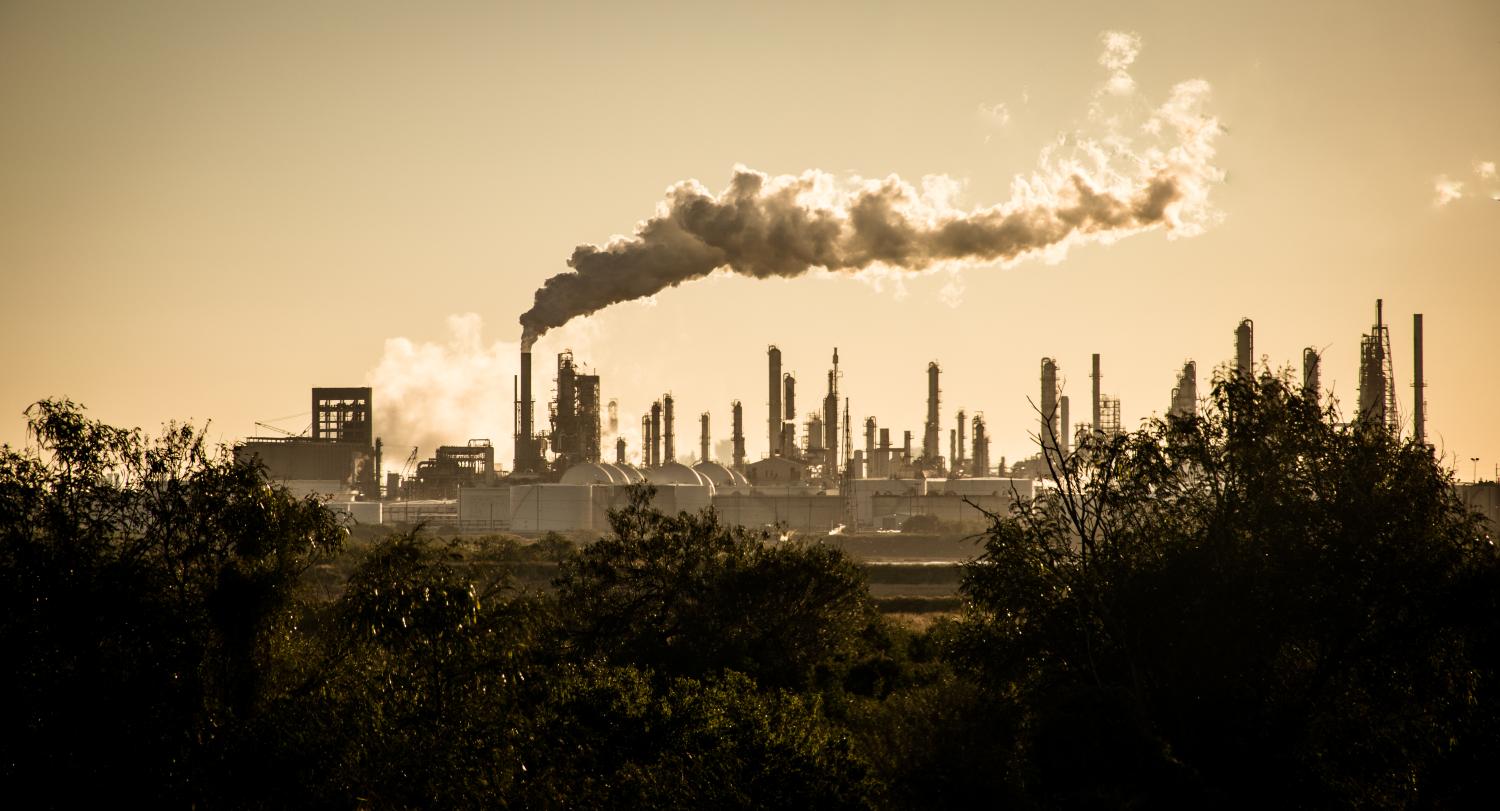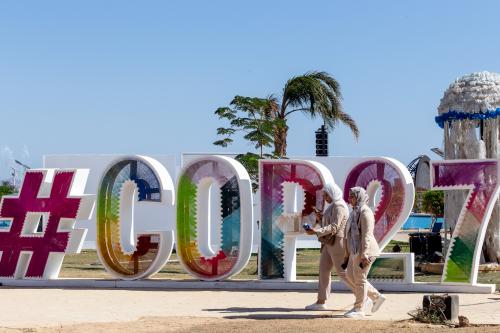The acceleration of climate change is recognized to have negative impacts on development and security.1 The impacts can vary significantly depending on the sector, location, and time period under consideration.2 Climate change has major impact on human health. Numerous studies explore the impact of higher temperatures on economic performance, showing the overall negative impact of hot temperatures.3 The harmful effects of climate change are already noticeable, natural disasters are more frequent and catastrophic, and developing countries are more vulnerable, according to the Johannesburg Declaration on Sustainable Development. Although climate change is a worldwide phenomenon, poor people and poor countries are more severely affected by its negative effects.4 According to the Intergovernmental Panel on Climate Change (IPCC), progressive changes will result in higher overall temperatures and altered water cycle, leading to a rise in sea level and shifting of climatic zones.5
These effects include lower agricultural yields, exacerbated weather events like droughts and floods, and increased vulnerabilities. According to the World Bank, more than 140 million economically disadvantaged people from Sub-Saharan Africa, South Asia, and Latin America will be forced to migrate internally due to climate change impacts including water shortages, decreasing agricultural productivity, and rising sea levels by 2050.6 In 2019 alone, climate change caused 24.9 million weather-related displacements.7 When such displacements happen in fragile states, they not only create national security and development challenges, but also threaten international security. If left unchecked, climate change has the potential to reverse years of sustainable development gains and fuel violent conflicts.8 It is critically important to better understand the nexus between climate, conflict, fragility, and development so that policymakers globally can take appropriate action in collaboration with developing, fragile, and conflict-affected countries. The purpose of this paper is to emphasize the appropriate and renewed climate actions that urgently need to be taken for an effective and just climate adaptation. We argue that while the concerned governments are left with the responsibility of embedding climate policy into their national development policies, G20 countries have unique responsibilities in providing the needed financing and appropriate technology transfer to support adaptation policies in fragile and developing countries, being of the highest levels of world emissions.
Figure 1. Increase in CO2 emissions in the world, 2010-2019
Source: Härterich and Petersen, 2021 (based on EU Commission data)
Note: More than 80 percent of the nations whose CO2 emissions increased most during the last ten years are low- and lower-middle-income economies.
-
Footnotes
- Mbaye, Ahmadou Aly and Signé, Landry. Climate change, Development, and Conflict-Fragility Nexus in the Sahel. Brookings Institution, 2022. October 30, 2022. https://www.brookings.edu/research/climate-change-development-and-conflict-fragility-nexus-in-the-sahel/.
- Tol. (2018). The Economic Impacts of Climate Change. Review of Environmental Economics and Policy, 12(1), 4-25. https://doi.org/10.1093/reep/rex027
- Acemoglu, Daron et al. “Reversal of Fortune: Geography and Institutions in the Making of the Modern World Income Distribution.” The Quarterly Journal of Economics 117 (4): 123194 (2002). https://doi.org/10.1162/003355302320935025; Kamarck, Andrew M., and World Bank. 1976. The Tropics and Economic Development: a Provocative Inquiry into the Poverty of Nations. Baltimore: Published for the World Bank [by] Johns Hopkins University Press.
- Hallegatte, Stephane, and Mach, Katharine J. “Make Climate-Change Assessments More Relevant: Stephane Hallegatte, Katharine J. Mach and Colleagues Urge Researchers to Gear Their Studies, and the Way They Present Their Results, to the Needs of Policymakers.” Nature (London) 534 (7609)(2016): 613.
- “Special Report on Renewable Energy Sources and Climate Change Mitigation.” IPCC. 2012. Accessed October 30, 2022. https://www.ipcc.ch/site/assets/uploads/2018/03/SRREN_FD_SPM_final-1.pdf
- Kanta, Kumari Rigaud et al. Groundswell: Preparing for Internal Climate Migration. Washington, DC: The World Bank, 2018. Accessed October 30, 2022. https://www.worldbank.org/en/news/infographic/2018/03/19/groundswell—preparing-for-internal-climate-migration
- “Global Report on Internal displacement.” Internal Displacement Monitoring Centre, 2020. Accessed October 30, 2022. https://www.internal-displacement.org/global-report/grid2020/
- Mbaye and Signé, Climate change, Development, and Conflict-Fragility, 2022.
The Brookings Institution is committed to quality, independence, and impact.
We are supported by a diverse array of funders. In line with our values and policies, each Brookings publication represents the sole views of its author(s).









